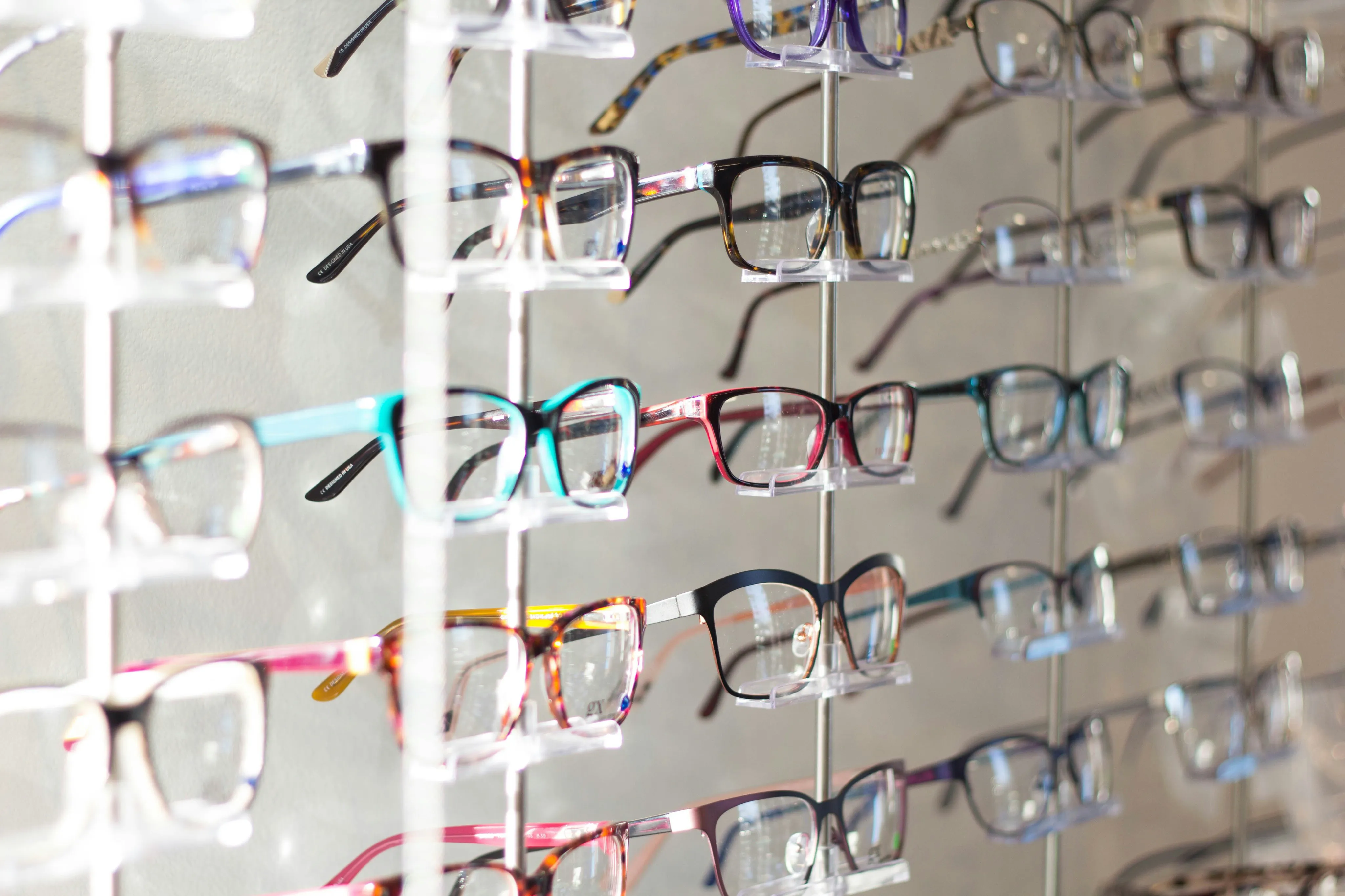Emergency Eye Care

When your eyes can’t wait, neither do we.
Eye emergencies don’t follow a 9 to 5 schedule - and neither do we. At CTrue Vision, we’re ready when the unexpected happens. Whether it's sudden vision loss, eye pain, a foreign object, or something just doesn’t feel right - don’t guess. Come in.
Situations We Handle Urgently:
- Sudden vision loss or blurry vision
- Eye infections, redness, or discharge
- Injuries or trauma to the eye
- Foreign objects (metal, wood, dust, etc.)
- Flashes of light, floaters, or new blind spots
- Chemical exposure
- Burning, stinging, or extreme dryness
We Act Fast—Because You Need Us To
Our licensed eye doctors are trained in diagnosing and treating a wide range of urgent ocular issues. We use the latest diagnostic tools to assess your condition quickly and accurately, then take the appropriate steps to reduce pain, prevent further damage, and protect your sight.
Not Sure if It’s an Emergency?
It’s better to be safe than sorry. Even symptoms that seem minor can signal serious problems. If you’re experiencing any discomfort or visual changes - call us. Our front desk will guide you on what to do next, and we’ll make sure you’re seen as soon as possible.
No long wait. No runaround. Just real care, fast.
- Emergency appointments available at both Brooklyn locations.
- Call (718) 534-7100 if you're experiencing any eye-related emergency.
- Same-day appointments often available. Open Sundays.

